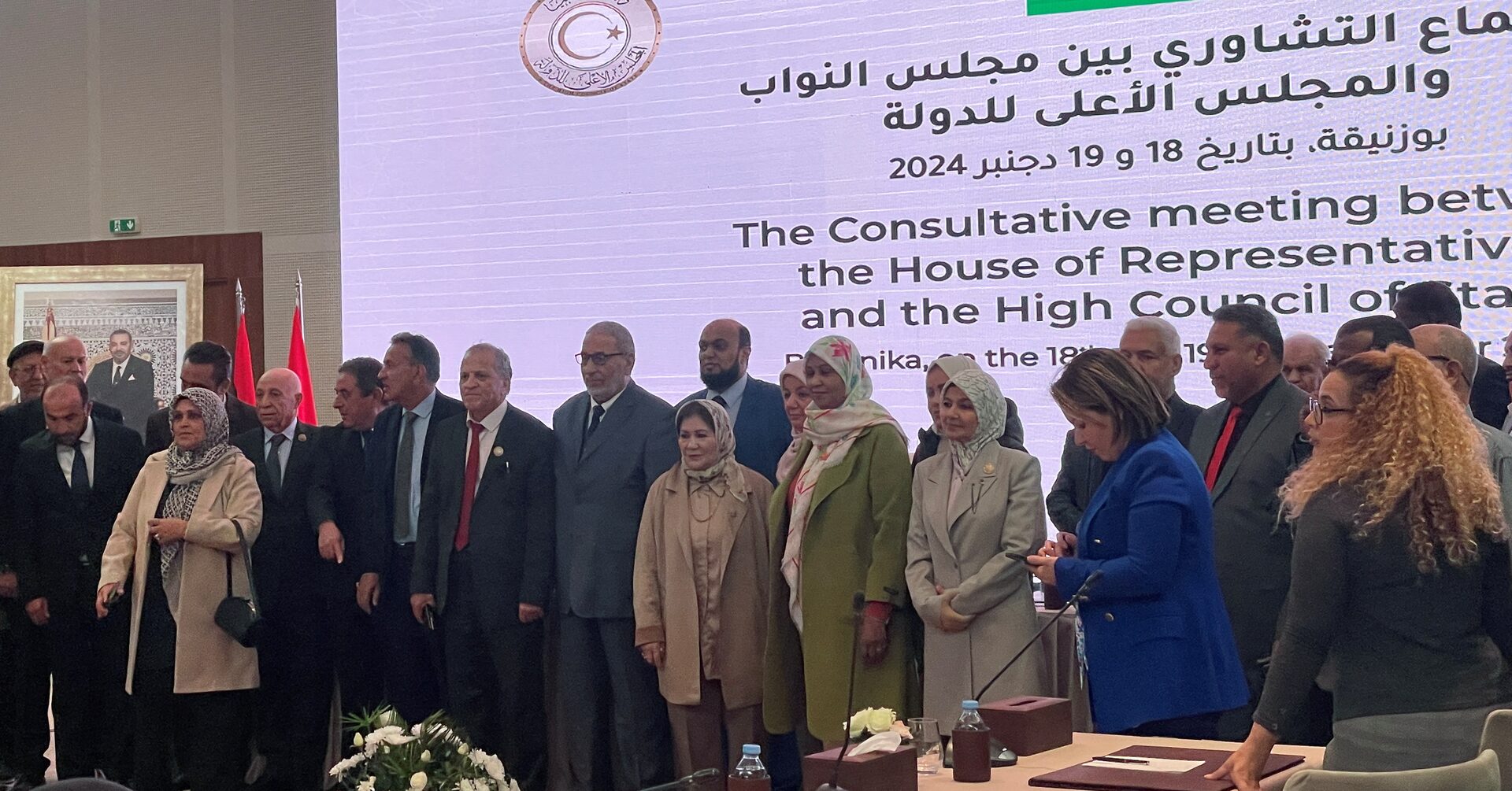
The United Nations has issued a stern warning to Libya’s rival political institutions, signalling that it could take unilateral action if national electoral laws are not swiftly adopted to pave the way for long-delayed elections.
UN Special Envoy to Libya, Hanna Tetteh, told the UN Security Council on Tuesday that the UN Support Mission in Libya (UNSMIL) “could take a different approach” if the House of Representatives and the High Council of State (HCS) fail to agree on a legal framework for the polls.
Ms. Tetteh said UNSMIL remains in close contact with both legislative bodies in a bid to achieve consensus on the High National Electoral Commission (HNEC) and on the constitutional foundations governing upcoming presidential and parliamentary elections.
“If no agreement is reached, UNSMIL will seek the support of the Security Council to adopt an alternative path to advance the political transition,” she warned.
The envoy confirmed that preparations were underway for a structured national dialogue set for November, which will bring together diverse segments of Libyan society to discuss governance, economic reforms, security, and national reconciliation.
“The objective is to ensure inclusive participation reflecting the country’s social, geographic, and linguistic diversity,” Ms. Tetteh said, stressing the need for “strong international and regional support to ensure tangible results.”
Addressing the Council, she recalled that the political roadmap launched by UNSMIL in August aimed to unify Libya’s divided state institutions and restore their legitimacy through democratic elections. She noted that a breakthrough was achieved on 4 October, when both chambers agreed on the composition of the HNEC Board of Directors — an arrangement approved by their respective leaders, Aqila Saleh and Mohammed Takala.
However, she said discussions on constitutional and legal amendments remain blocked “due to a lack of sufficient political will.”
Ms. Tetteh urged Libyan leaders to “accelerate work” and meet the first milestones of the roadmap by the end of the month. She also revealed that UNSMIL will soon issue a call for applications for participation in the national dialogue, in an effort to revive a political process that is “currently at a standstill.”
Since the collapse of elections initially scheduled for December 2021, Libya has remained divided between two rival administrations in the East and West. The international community continues to press both sides to agree on a unified constitutional basis that would enable national elections before the end of 2025.



